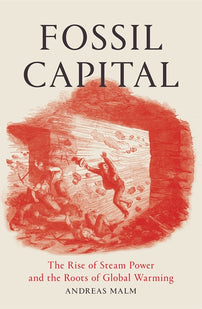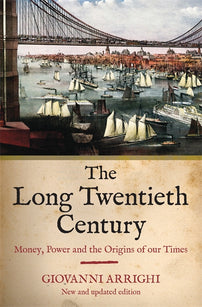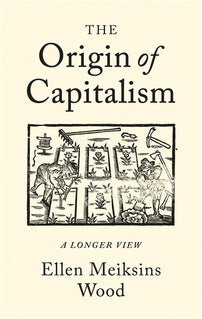Video: Jason W. Moore — “To Make Ourselves the Masters and Possessors of Nature”: Dutch Capitalism and the World-Ecological Revolution of the Long Seventeenth Century
Jason Moore on the origins of the twenty-first century's "distinct, but mutually formative" crises of capitalism and ecology.

On October 7, Jason W. Moore delivered the keynote address to the Global Histories of Capital Conference at the New School. With a focus on the Global South, this year's conference included presentations by Ritu Birla, Christopher Dietrich, Julia Elyachar, Toby Jones, Priya Lal, Lydia Liu, David Ludden, Julia Ott, Peter Purdue, Michael Ralph, Andrew Sartori, and Adam Tooze.
Moore's talk traced the origins of the twenty-first century's "distinct, but mutually formative" crises of capitalism and ecology to the emergence of Dutch capitalism in the long seventeenth century:
The Dutch Republic was the greatest European power of the seventeenth century. It was also the epicenter of an unprecedented shift in environmental history. The Dutch either pioneered directly, or were implicated in, an extraordinary wave of environmental transformations in the century or so after 1568. From southeast Asia’s spice islands to the North Atlantic’s fisheries, from the sugar plantations of northeastern Brazil to the forests of northern Europe, all were integrated into and transformed through the Dutch-led capitalism of the long seventeenth century (c. 1557-1763). These transformations are precious clues to the consolidation of early capitalism, understood as a “world-ecology” of capital, power, and nature, premised on Cheap Nature, the congealed wealth of unpaid work/energy wrested from human and extra-human natures. The Dutch synthesis of world money, world power, and world nature was pivotal in propelling capitalist development until the eve of British-led industrialization. Dutch webs of power and profit reached into, and wove together, landscapes, human and animal bodies, and the relations of re/production in revolutionary – and frequently destructive – ways. Far from a straightforward economic process, Dutch-led capitalism was also produced through a revolutionary shift in ways of knowing and acting upon the world. It is this era that we see the crystallization of the “European rationality of world domination” (Weber). Descartes’ pronouncement that “We must become the masters and possessors of nature” serves as a powerful reminder that the era’s emergent dualist ontologies – Society and Nature, Civilized and Savage, Man and Woman – did far more than register separation. These became real abstractions, and constituted a manifesto for a system of Cheap Nature premised on the epochal cheapening of “women, nature, and colonies,” and their entangled physical and cultural geographies of domination and genocide.
Watch a full video of Moore's presentation below.
[book-strip index="1" style="display"]




